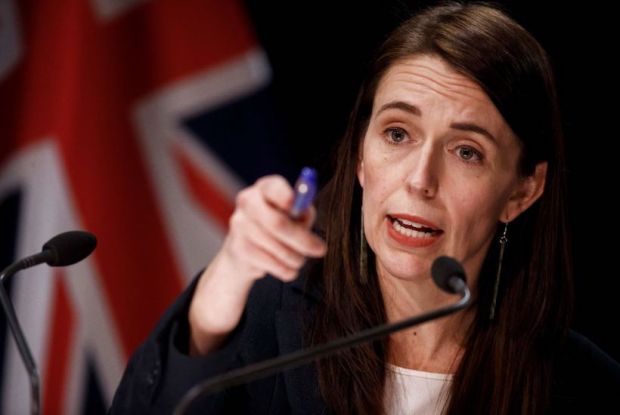Jacinda Ardern’s tenure as New Zealand’s Prime Minister (2017–23) was lauded globally as a masterclass in empathetic leadership, her image burnished by deft handling of crises like the Christchurch mosque shootings and the early stages of Covid.
The world swooned over her ‘kindness’ and ‘authenticity’, with fawning media elevating her to near-mythic status.
Yet beneath the polished rhetoric and carefully curated narrative lies a stark reality. Ardern’s leadership, when scrutinised, reveals a troubling lack of measurable outcomes. Her policies, draped in inclusive language and moral posturing, often failed to deliver the substance needed to justify the hype.
By 2020, punters were asking whether Jacinda Ardern was just ‘a show pony’.
I’ve been lecturing on leadership for over 20 years now, and more recently political leadership. One of the key issues in political leadership is measuring the efficacy of policy initiatives, not just how the media or academics treat a particular politician. To test this assertion, I reviewed some of the key academic literature on Jacinda Ardern’s policy outcomes.
Take her flagship initiatives – poverty reduction, housing reform, and the much-vaunted Covid ‘elimination strategy’. A review of seven academic studies, spanning public housing regeneration, urban policy, and pandemic management, uncovered a glaring absence of quantitative metrics to evaluate their success. Not a single study provides hard data on achievement rates, implementation timelines, or tangible outcomes.
Instead, qualitative praise is ladled on. Ardern’s leadership was ‘empathetic’, ‘decisive’, and ‘consensus-oriented’ while her communication was ‘open, honest, and motivational’. These are fine words, but where are the numbers to back them up?
Poverty reduction, a cornerstone of Ardern’s platform, was framed in inclusive, non-threatening terms, sidestepping issues like wealth concentration. The result was a cautious, status quo-preserving approach that avoided rocking the boat but achieved little of note.
One study notes a timeline but offers no concrete results – no reduction percentages, no clear benchmarks. Housing and urban policy fare no better. While some qualitative improvements like ‘enhanced thermal comfort’ are mentioned, there is no data to show how many homes were improved or how many Kiwis benefited. The absence of measurable outcomes is deafening.
Ardern’s Covid response, the jewel in her crown, is where the myth-making reached its peak. The ‘go early, go hard’ strategy was bold, and her daily press briefings – described as ‘open’ and ‘motivational’ – built public trust and compliance. But what of the long-term impact?
The studies are silent on quantitative measures such as infection rate reductions, economic recovery figures, or clear evidence of lives saved versus livelihoods destroyed. Her empathetic style and deference to scientific advice was praised, yet the lack of hard data makes one wonder whether the strategy was as effective as claimed or simply a well-spun narrative.
This isn’t to dismiss Ardern’s strengths. Her ability to project compassion and mobilise public support was remarkable, particularly in a crisis. But leadership is not just about optics – it’s about results. The over-reliance on qualitative assessments, with terms like ‘feminine leadership traits’ and ‘collective purpose’, risks fetishising style over substance.
Ardern’s government mastered the art of framing – poverty as a safe issue, lockdowns as a ‘meaningful cause’ – but failed to deliver the rigorous evaluation needed to prove these policies worked.
Indeed, Janet Albrechtson wrote of Ardern this week:
‘Jacinda Ardern may have been the most loveable, caring and media-savvy politician the southern hemisphere has seen, but history will recall her leadership as an utter failure to achieve its stated goals.’
I’ve argued elsewhere that the idea of ‘the narrative’ is a leftist concept that is used to blind us to the facts. Leaders like Ardern lean on narrative to inspire, but they’re not held to account by tangible outcomes. New Zealand, under Ardern, seemed content to coast on her charisma.
The global applause for Ardern’s leadership ignored a critical truth – without measurable results, empathy is just a performance. Ardern’s legacy, while emotionally resonant, lacks the substance to justify its acclaim. It’s time we stopped mistaking feelings for facts.
Dr Michael de Percy @FlaneurPolitiq is The Spectator Australia’s Canberra Press Gallery Correspondent. If you would like to support his writing, or read more of Michael, please visit his website.


























